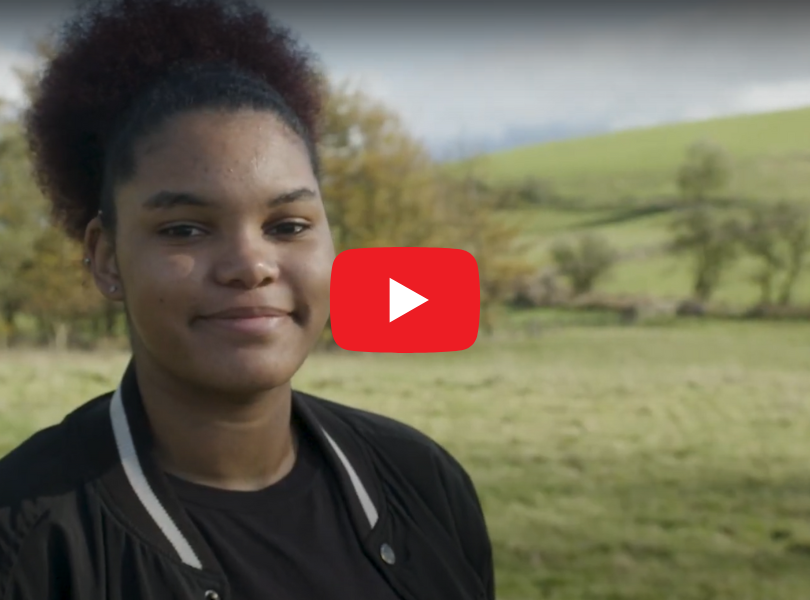The background of school life is ever-changing and too often children are left feeling inadequate. Feeling bad about themselves is the top line for many children – a failure to be a good enough child, failure at school, failure in terms of not having enough friends, or being good-looking enough.
Sadly, this personal failure is experienced so often in a world of fear and threat. Fear of another pandemic, climate change, the potential escalation of wars and economic poverty. Children who visit our farms tell us how unsafe they feel, both in words and through their actions. ‘What’s the point?’ is a common phrase amongst young people, however, we are seeing that they are often more dysregulated, feeling that they have nothing to lose and speaking freely about giving up.
We recognise that schools are dealing with a swell of difficulties in children’s ability to learn. High levels of disruption are a top reason given for huge disaffection and frustration in teachers, along with failing to meet academic targets, leading them to consider leaving the profession.
Schools vary in their responses, and many have tightened their behaviour policies to try and protect teachers. What are the consequences of these policies and how do they work in practice? We have been asking teachers, children and pastoral leads.
One of our interviewees, who works with looked after children, shared that there are unintentional consequences of strict policies that are adversarial and put the children and teacher against each other. Children who go into isolation can experience this as persecutory. When a teacher hands over to their ‘on call’ colleague, it can deprive them of providing a reset and of finding their authority. Containment for pupils through strong leadership and the opportunity of learning can be lost.
Clare, Head of Pastoral Care at a large inner city comprehensive, has experienced both kinds of behavioural policies but preferred the opportunity for pastoral and teaching staff to work collaboratively with strategies of reset, reflection, reparation, and renewal.
It seems the more disadvantaged students are more likely to fall even further behind and lack engagement if they feel the school is punitive rather than caring. They are more likely to thrive with relational behaviour policies. These relational policies do not mean a lack of adult authority, clear boundaries and a sense of order in classrooms and schools, but high expectations enmeshed in positive relationships.
Children share that they like a strict teacher, but one who takes time to get to know them, who is calm and refrains from shouting, who asks for respect while also respecting the child. Someone willing to give second chances and not label students as a failure.
They see how adults reach for rules when strategies are failing in terms of interpersonal relationships. Children are acute in their observations and will ‘find us out’ if we are failing to find our boundaries and to believe in our values and requirements for behaviour, but most of all if they feel that we do not care about them.
Relational policies provide benefits for students and teachers alike, rather than lowering standards as some would fear. These approaches help to build secure relationships through which learning, development, well-being and self-regulation are advanced. When applied, these practices bring benefits to the school community, along with the wider community beyond the school walls.
Tish Feilden
Regenerative Education: Episode 4
Listen below or select a platform to listen on here.
If you don’t already, you can follow Tish and Jamie’s Farm on Twitter here: @JamiesFarm and @FeildenTish



